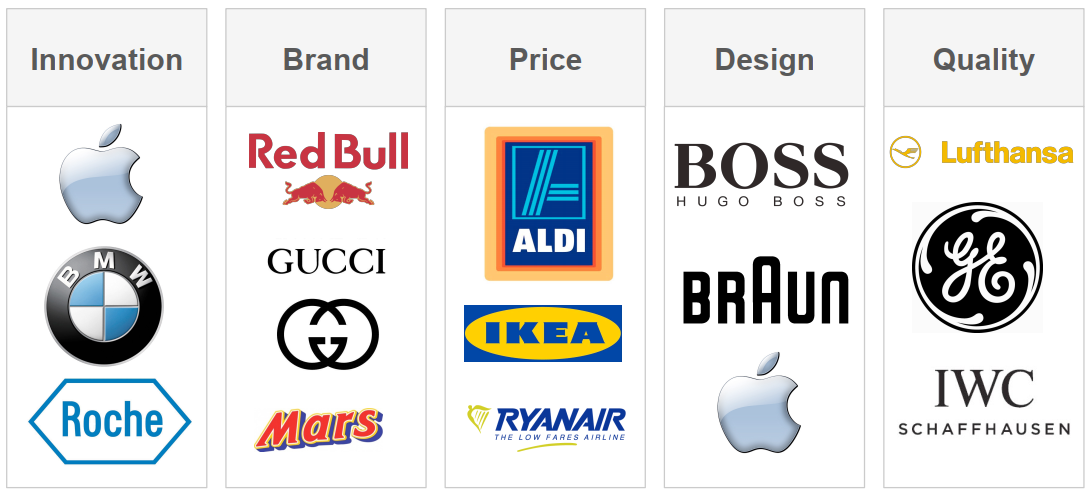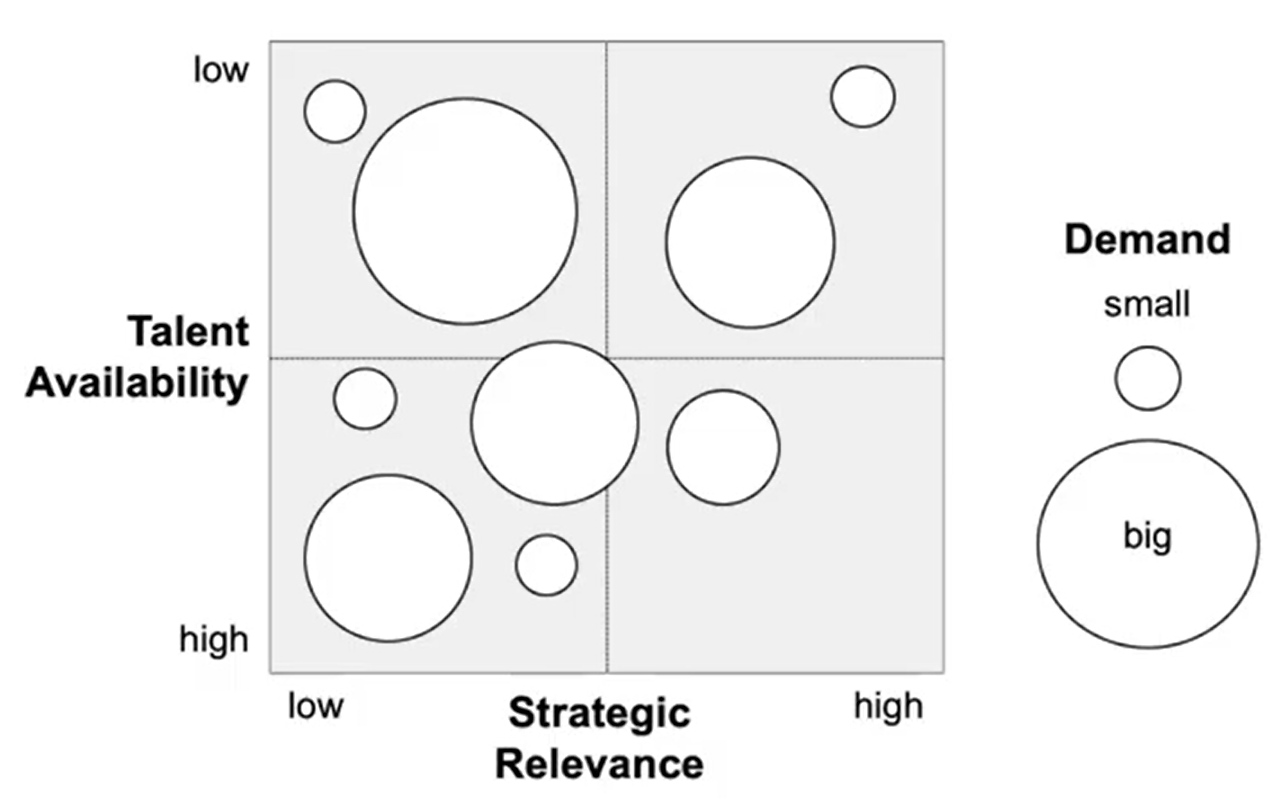All Resources

Strategy is the process of identifying and implementing a plan of action to achieve a specific goal or objective. It involves analyzing the internal and external environment to identify opportunities and threats, and then making deliberate choices and actions to create a unique and valuable position in the market. A good strategy involves making trade-offs and focusing on a specific target customer or segment, and creating a unique value proposition that differentiates the company from its competitors.
Through the development of a strategy, a company determines which areas it will excel in, such as quality, pricing, design, branding, reliability, or innovation.

After a company has established its strategy, it can distinguish between functions within the company that are of high strategic relevance and those that are of low strategic relevance.
If a function is highly strategic, excelling in that function can significantly impact the competitive advantage and future success of a company.
By determining the level of strategic relevance of each function in a company, it becomes possible to identify the areas where the best and most skilled employees are needed, as well as the areas where average or less skilled employees can be utilized. This helps to align the company's HR strategy with its overall strategy, as it enables the company to recruit, train, and develop employees who possess the required skills and competencies for each function.
| Function | Strategic relevance | Talent required |
|---|---|---|
| Research and Development | High | Best people on the market |
| Sales and Marketing | Medium | Skilled people on the market |
| Manufacturing and Production | High | Best people on the market |
| Information Technology | Medium | Skilled people on the market |
| Human Resources | Medium | Skilled people on the market |
| Finance and Accounting | Low | Average people on the market |
| Customer Service | Medium | Skilled people on the market |
In the table above, which is an example for an imaginary company, research and development and manufacturing and production are identified as highly strategic functions and require the best talent available on the market. Sales and marketing, information technology, human resources, and customer service are of medium strategic importance and require skilled people to successfully execute the company's goals. Finance and accounting, on the other hand, is considered of lower strategic importance and thus requires average talent to carry out its functions successfully.
Another factor that shapes the hiring assessment strategy for each function within a company is the availability of talent for that function. For some functions, talent availability is high which means that it is easy for company to recruit the right people through the labor market. While for other functions, talent availability can be low hence finding the right people can be very hard simply because there are not enough people out there.
Another factor that impacts the development of a talent assessment strategy is the level of demand for a particular function. A high demand means that the company is constantly seeking to recruit for that function, while a low demand indicates that the company only occasionally recruits for that function.
To conclude the analysis, examine your company and identify the functions according to their strategic relevance, the availability of talent in the labor market, and the level of demand for each function within the company.

Considering all factors such as strategic relevance, talent availability, and demand magnitude for each function, it becomes easier to establish an effective hiring assessment strategy for the company.
If the demand is low and the function is not of high strategic importance, it is generally more cost-effective and convenient to use standardized hiring tests for the hiring assessment process.
| Function | Strategic relevance | Talent availability | Demand | Hiring assessment | Why |
|---|---|---|---|---|---|
| Research and Development | High | Medium | High | Tailor made customized hiring tests | Improved performance, enhanced employer branding, and ongoing improvement |
| Sales and Marketing | Medium | High | Medium | Standard hiring tests | Convenient and cost-effective |
| Manufacturing and Production | High | High | High | Tailor made customized hiring tests | Improved performance, enhanced employer branding, and ongoing improvement |
| Information Technology | Medium | Low | Low | Standard hiring tests | Convenient and cost-effective |
| Human Resources | Medium | High | Low | Standard hiring tests | Convenient and cost-effective |
| Finance and Accounting | Low | Medium | Low | Standard hiring tests | Convenient and cost-effective |
| Customer Service | Medium | High | High | Standard tests or Tailor made customized hiring tests |